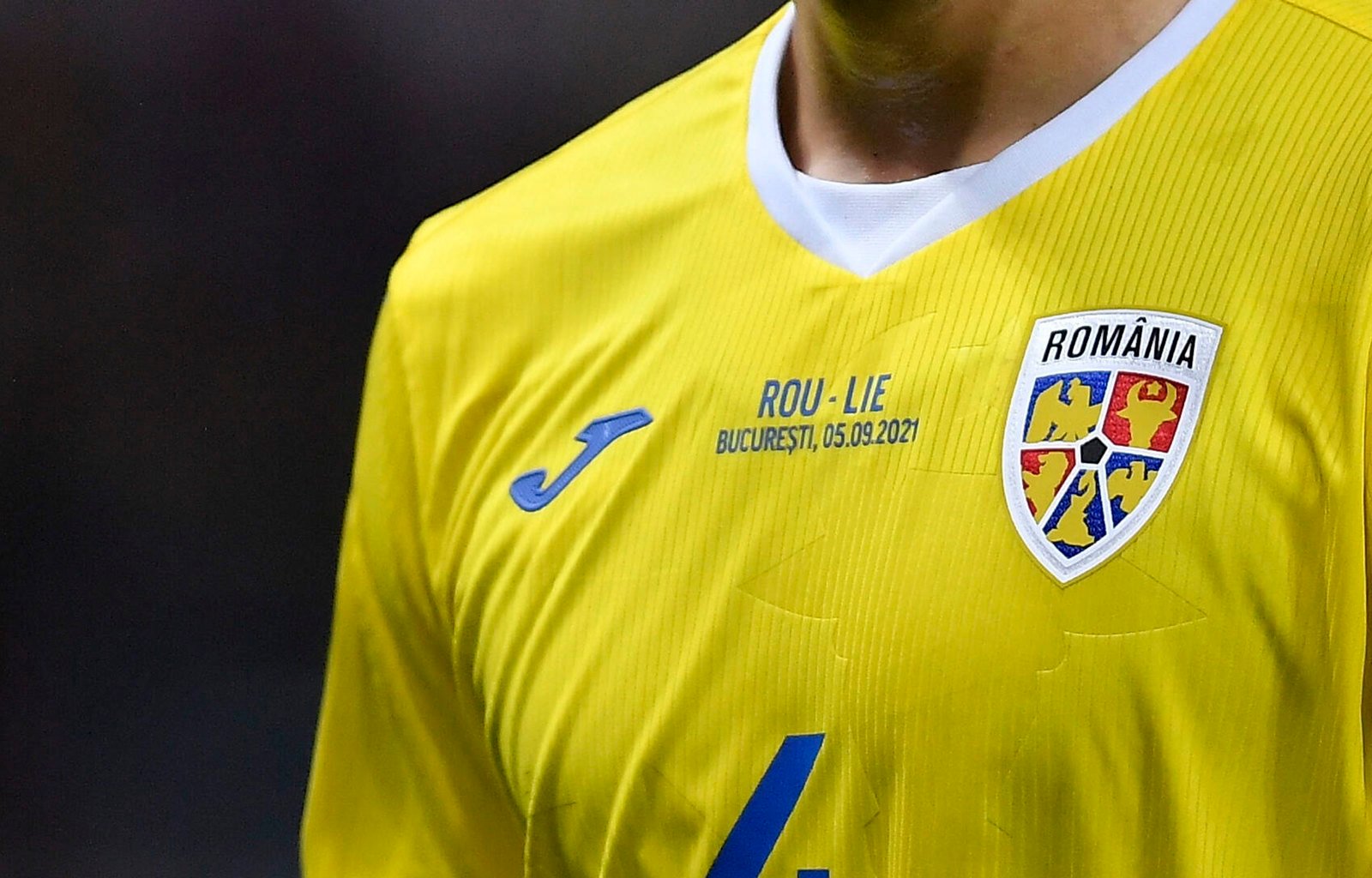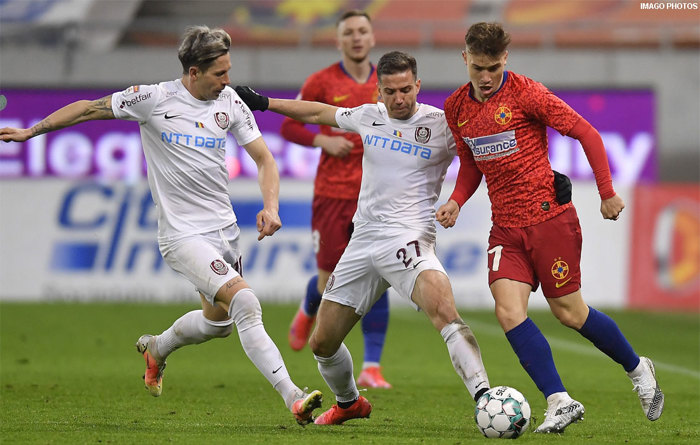
“We are fed up with the football administrators in Romania who show time after time that they simply do not care about players,” said FIFPRO’s Legal Director, Roy Vermeer.
FIFPRO and Romanian player union AFAN are stunned by the shocking amount of problems players face with non-payment, contract termination and fair trial.
FIFPRO and AFAN initiated two appeals to the Court of Arbitration for Sport (CAS) challenging the current state of affairs: “And we will continue to appeal decisions by the Romanian FA until they come up with effective measures that help improve the current situation.”
Vermeer noticed five examples which illustrate the current state of affairs in Romania:
- In the last eight months, player union AFAN has filed the shocking number of 460 claims in front of the dispute resolution bodies with players requesting either outstanding salaries or the termination of their contracts for contractual violations. The vast majority of these cases are still pending.
- Romanian players are treated significantly worse than their foreign colleagues. Whereas foreign players can automatically terminate their employment contract for two outstanding salaries with a 15-day notice on the basis of FIFA Regulations, Romanian players have to ask the local dispute resolution chamber for permission to terminate their contract. Such request can take around three months before it has been resolved. All this time, the player is obliged to stay registered with the club. This means that a player is typically unpaid for five months before a decision has passed. AFAN and FIFPRO have filed a petition to CAS to challenge these abusive rules and are waiting for a reasoned award.
- Dinamo Bucharest – a Romanian club on which FIFPRO reported before – received a registration ban from FIFA in March 2021 for not paying a foreign player following a FIFA DRC decision. In June, the club entered into insolvency (the second since 2015) after which it asked FIFA to lift the transfer ban, which FIFA did. The insolvent Dinamo now signed and registered new players, whereas FIFA will not execute the transfer ban, thus allowing Dinamo to spend money on new players whereas they have not paid their former players.
- The Romanian FA allowed two clubs to transfer their right to participate (professional license) to new entities with similar names. The decisions were taken in violation of the applicable rules and are very detrimental to the players of the ‘old’ entities, who will not receive any outstanding payments. FIFPRO and AFAN are challenging these decisions at CAS.
- Youth players in Romania are obliged to sign their first professional contract with the club they are registered with. If they fail to do this, then they risk a suspension of up to two years. FIFA has previously confirmed that such rules are incompatible with FIFA Regulations, yet no amendments have been initiated.
“The Romanian Football Federation is unfortunately one of many examples where the association’s main objective seems to be to limit the rights of players as much as possible. In any other industry, a restriction on the rights of employees would require a collective bargaining agreement. Yet, in football, many national associations pretend to have a self-declared authority to impose rules on players regardless of the players’ rights, needs and concerns and without any form of negotiation or adherence to democratic principles. Players are not even considered members of the association, which begs the questions on which basis national associations actually deem to have the legitimacy to impose labour restrictions,” said Vermeer.


